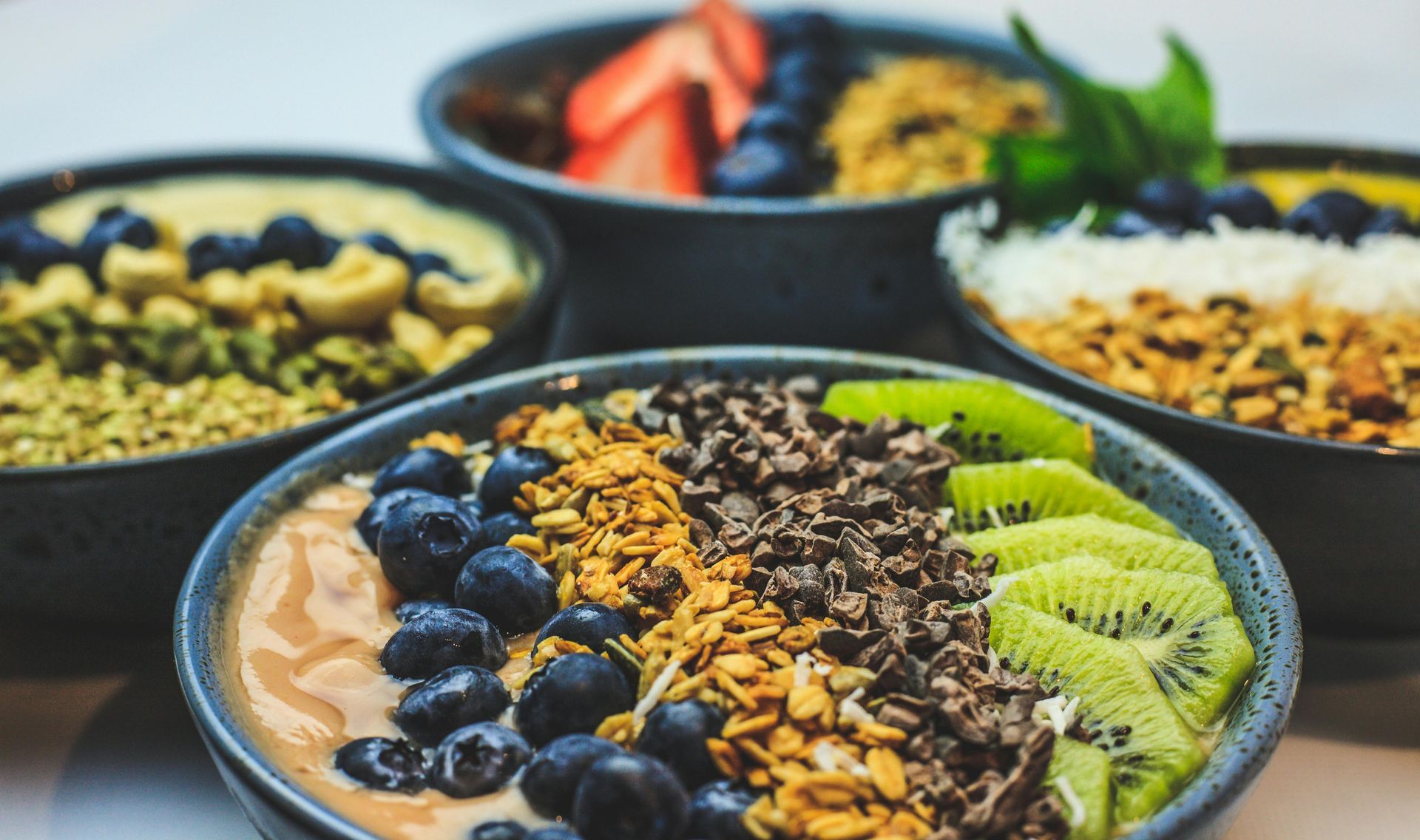The Importance of Staying Hydrated and How It Affects Your Health
The human body is made up of water, which accounts for 70% of its weight and is required for every cell. Your body comprises blood, spinal fluids, hormones, saliva, ear wax, the fluid in your eyes, and even the fluid in your joints; all of them have a water component. No living being can survive more than three days without water. So, how is it possible to know if one drinks enough? Is drinking water alone sufficient?
We’ve all been taught that water is vital for sustaining overall health. Despite this fact, dehydration is common and can pose considerable health threats if not handled properly. Your body's proper functioning relies on knowing the value of hydration. To that end, here's a guide explaining the whys and hows of hydration.
Why Hydration is Essential for Your Health
Water is involved in nearly every bodily function. It assists digestion, circulation, temperature regulation, and even mental clarity. Dehydration can lead to numerous health issues, ranging from mild discomforts like fatigue to more severe physical complications such as kidney stones, heatstroke, or cognitive impairment.
The Role of Water in the Body
Water is the essence of life - it keeps the body functioning smoothly, like a well-oiled machine.
- Digestion: Water helps break down food and allows nutrients to be absorbed effectively.
- Maintaining Circulation: Blood primarily comprises water, which helps transport oxygen and nutrients to cells.
- Homeostasis: Sweating and respiration rely on water to maintain body temperature.
- Lubricating Joints: Proper hydration prevents joint pain and enhances mobility.
- Detoxifying: Water aids the kidneys and liver in filtering toxins.
Signs and Symptoms of Dehydration
Dehydration is not only dangerous but can be fatal as well, so look out for these signs -
- Exhaustion and low energy levels
- Mental Confusion
- Headaches and dizziness
- Dry mouth, lips, and skin
- Dark yellow urine or reduced urination
What does Chronic Dehydration look like?
Ignoring hydration for extended periods can result in severe health problems, such as -
- Increased risk of kidney stones and urinary tract infections
- Constipation and digestive issues
- Cognitive decline and difficulty concentrating
- Higher risk of cardiovascular diseases
- In extreme cases, even death
How Much Water Should You Drink Daily?
There is no definite amount of water one should consume, but here are some general guidelines -
- Men: Approximately 13 cups a day
- Women: Approximately 9 cups a day
Ultimately, one needs to look at one's requirements and listen to their own body.
Factors That Affect Hydration Needs
Several factors influence how much water you should drink daily, including -
- Weather: Hot and humid environments increase sweat loss, requiring more water intake.
- Lifestyle: Physical activity leads to fluid loss, making replenishment essential.
- Diet: High-sodium and high-protein diets demand more hydration to aid digestion.
Common Myths About Hydration
Many misconceptions exist about hydration, such as:
- Myth: You must drink precisely eight glasses of water daily. - Fact: Hydration needs vary based on lifestyle and dietary habits.
- Myth: Feeling thirsty is the best indicator of dehydration. - Fact: Thirst often signals that dehydration has already begun.
- Myth: Coffee and tea dehydrate you. -
Fact: While they have diuretic effects, they still contribute to overall hydration.
Everyday Tips to Staying Hydrated
Making hydration a daily habit is more straightforward than it seems. Implement these practical
hydration tips to meet your water intake goals.
Creating a Hydration System
- Make it Fun: Incorporate hydration apps on your phone to track water intake. Using reinforcement to establish this behaviour is an effective technique.
- Carry a reusable water bottle: Having water on hand makes it easier to sip throughout the day. Bottles with markings exist to remind you of the goal.
- Team up: Ask your friend, partner or even a work colleague to be on this together.
- Start and end your day with water: Drinking water in the morning and before bed fosters a hydration habit. One can add veggies like cucumber or lemon to make it more interesting. Add it to your
morning routine.
Hydrating Through Food
Drinking plain water can be tedious, so incorporating water-rich foods or even fun drinks can help you achieve your water goal for the day
- Cucumbers, watermelon, oranges, lettuce, and celery are ideal choices.
- Herbal teas like chamomile, peppermint, and fruit-infused water or even a pinch of salt in water can be refreshing alternatives and make it fun. Make sure to know the caffeine content of the tea.
Avoiding Dehydration
- Reduce caffeine and alcohol intake: These can cause increased urination and fluid loss.
- Monitor urine colour: Light yellow urine indicates good hydration, while dark yellow suggests dehydration.
- Listen to your body: Fatigue, dry skin, and dizziness can indicate low hydration levels.
The Benefits of Drinking Water
Hydration is like grammar - a tedious but much-needed thing to help in the functioning of your body. Here are just a few of its many benefits -
1. Improves Brain Function
Dehydration can cause fatigue, a lack of focus, and memory problems. Drinking adequate water ensures oxygen and nutrients reach the brain, helping you stay focused, awake, and in sync with your body.
2. Aids in Weight Management
Water consumption before meals can help the body communicate properly, promoting healthy functioning. It can also aid with weight control and decrease hunger. Additionally, if you want to burn fat and increase metabolism - drink more water.
3. Improves Skin Health
Well-hydrated skin appears healthier, more vibrant, and less prone to wrinkles and dryness. Water aids in the removal of toxins that may be causing skin problems.
4. Supports Digestion and Detoxification
Water aids digestion by breaking down food and preventing constipation. It also helps the body eliminate waste through urine and sweat.
5. Enhances Physical Performance
Proper hydration ensures the efficiency of our body, thus improving endurance, reducing muscle cramps, and speeding up recovery after exercise. It's not just essential for athletes or active individuals but for everybody.
6. Strengthens the Immune System
Proper body functioning gives the body all the tools to safeguard you from infections and keep you at bay from diseases.
Conclusion
Understanding the importance of hydration is key to maintaining a healthy lifestyle. Water has several benefits, from boosting energy levels to improving skin health and digestion. Incorporating simple tips for staying hydrated into your daily routine can significantly improve your well-being.
You can enhance your hydration habits and improve overall health by making small, consistent changes, such as drinking water regularly and eating water-rich foods. Start tracking your water intake today and experience the difference that proper hydration can make!


